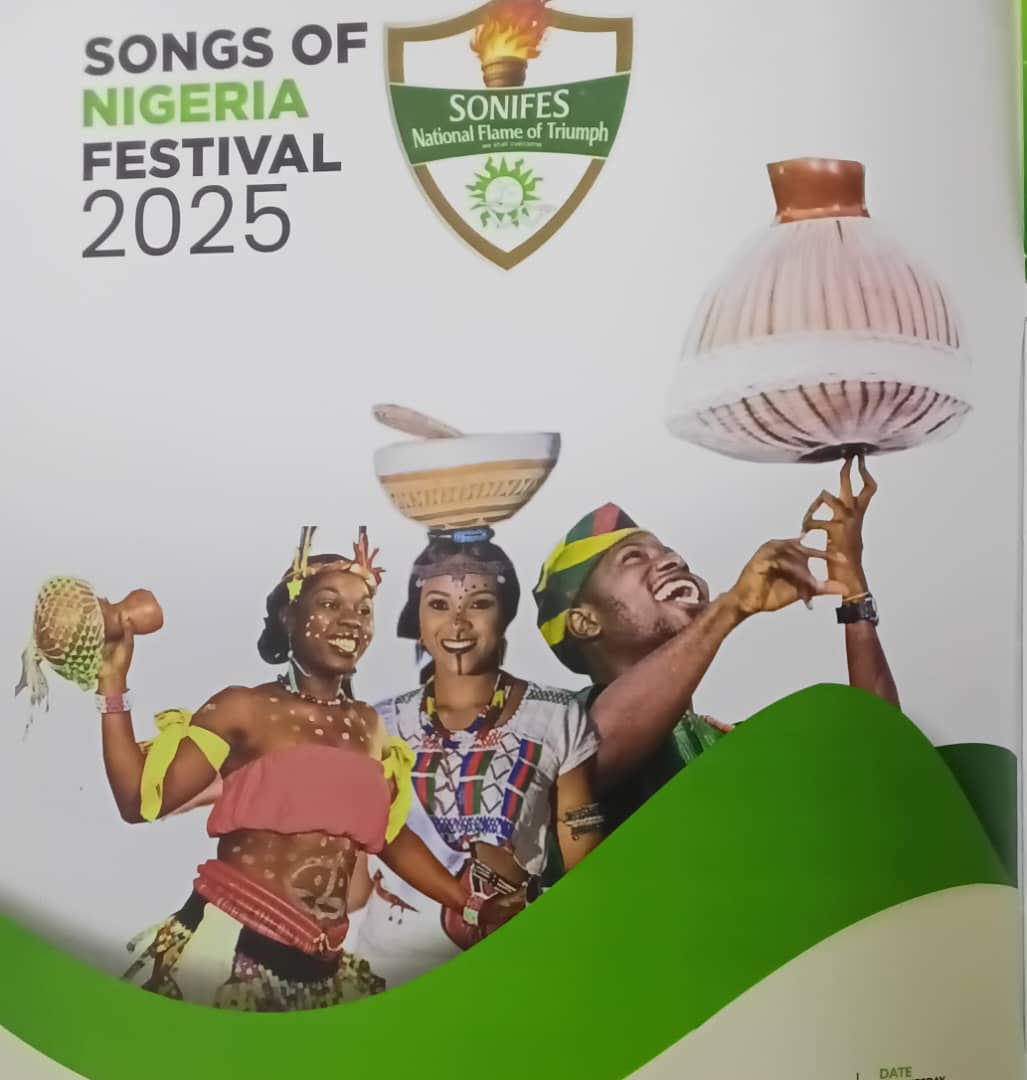763
By Tracy Moses
The Nigeria Entertainment and Economic Roundtable (NEER) on Thursday honoured six state governors for their exceptional contributions to tourism, cultural preservation, and creative economy development.
Governors Alex Otti (Abia), Bala Mohammed (Bauchi), Dikko Radda (Katsina), Dapo Abiodun (Ogun), Caleb Mutfwang (Plateau), and Aliyu Sokoto (Sokoto) received prestigious awards in recognition of their trailblazing efforts to elevate their states as cultural and tourism hubs.
The honours were conferred during the second edition of the Nigeria Entertainment and Economic Roundtable, held in Abuja, a gathering that has fast become a marquee event in the country’s creative and economic calendar.
Themed “CULTOUR: Unlocking Possibilities and Locating Pathways to Rapid Economic Diversification,” the roundtable brought together stakeholders, policymakers, and global thought leaders to chart new frontiers for Nigeria’s creative economy.
Chuks Akamadu, CEO of NEER, lauded the awardees for demonstrating a deep commitment to cultural revitalization and economic transformation through the arts, tourism, and entertainment. “These governors have redefined what it means to govern with purpose. By investing in culture and tourism, they are not only preserving heritage but also fueling job creation and regional prosperity,” Akamadu said.
He further emphasized the pivotal role of the creative and tourism sectors in stimulating Nigeria’s Gross Domestic Product (GDP), noting that the Roundtable has continued to serve as a vital platform for collaboration, policy innovation, and investment since its inception. The first edition of NEER, held in October 2022, laid the groundwork for this year’s impactful dialogue by spotlighting the economic potential of Nigeria’s entertainment landscape.
Declaring the event open, the Minister for Arts, Culture, and Creative Economy, Hannatu Musawa, called for a united front among stakeholders to harness the transformative power of the creative industry. She commended NEER and its partner initiative, AFROCULTOUR, for curating a forum that fosters policy evolution, innovative financing, and global exposure for Nigeria’s creative ventures.
Musawa outlined key priorities for the sector, including digital transformation, legal reforms, intellectual property protection, skills development, and expanding access to international markets. “We must build a creative economy that is resilient, competitive, and globally respected. Our creative minds deserve structures that protect and promote their genius,” she said.
She extolled the success of Nollywood, Afrobeats, fashion, literature, and tourism as Nigeria’s cultural exports, which have placed the country on the world stage. “The creative sector is not merely an adjunct to our economy, it is a cornerstone of our national identity and a reservoir of untapped wealth,” she declared.
In a recorded goodwill message, Dr. Ngozi Okonjo-Iweala, Director-General of the World Trade Organization (WTO), stressed the global relevance of creative and tourism industries. “Trade in services, led by the creative economy, now constitutes over two-thirds of global GDP and employs more people than any other sector,” she said.
The WTO chief emphasized the strategic importance of Nigeria investing in these industries as pathways to economic diversification, social inclusion, and cultural diplomacy. She applauded NEER’s commitment to fostering a dynamic platform for dialogue and development, noting that such initiatives are vital for positioning Nigeria as a cultural and creative powerhouse on the global stage.
As conversations deepened and partnerships flourished throughout the Roundtable, one theme resonated: Nigeria’s future lies not only in its oil wells or mineral riches, but in the minds of its creators, storytellers, and cultural custodians.
With the resounding success of the second NEER edition, organizers signaled plans to expand its footprint regionally and internationally, further solidifying its role as a lodestar for economic innovation and cultural diplomacy in Africa and beyond.



